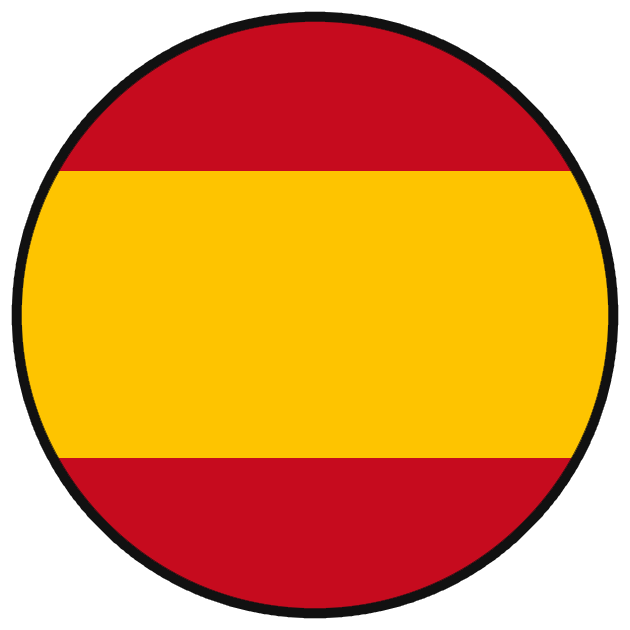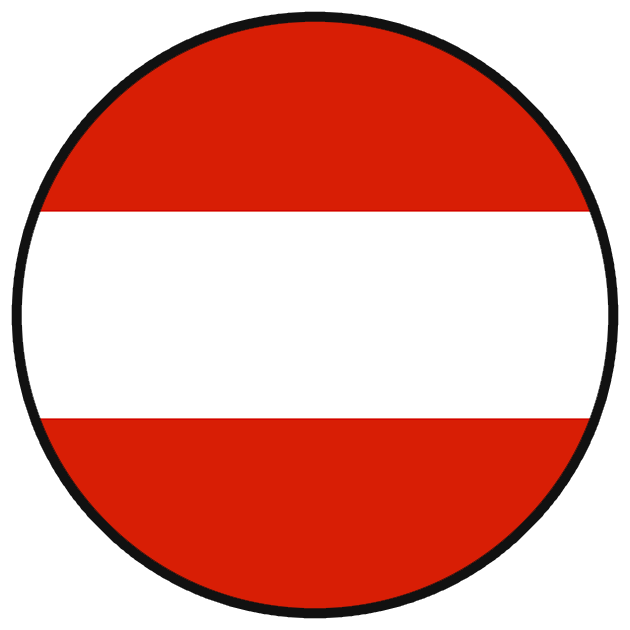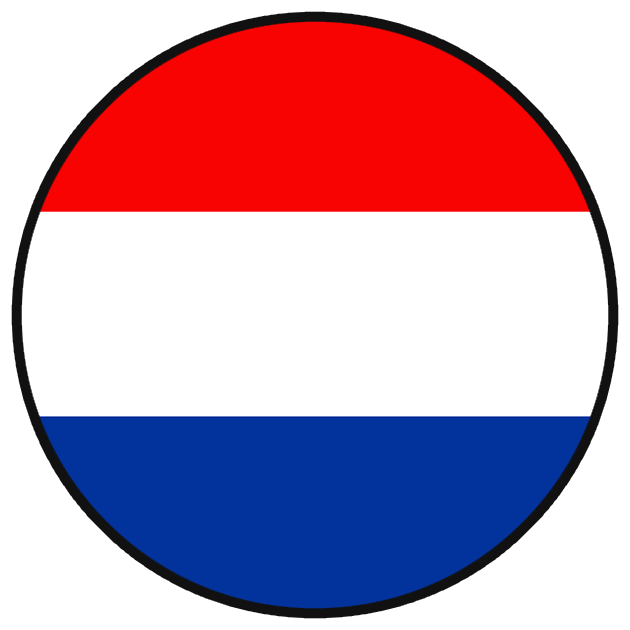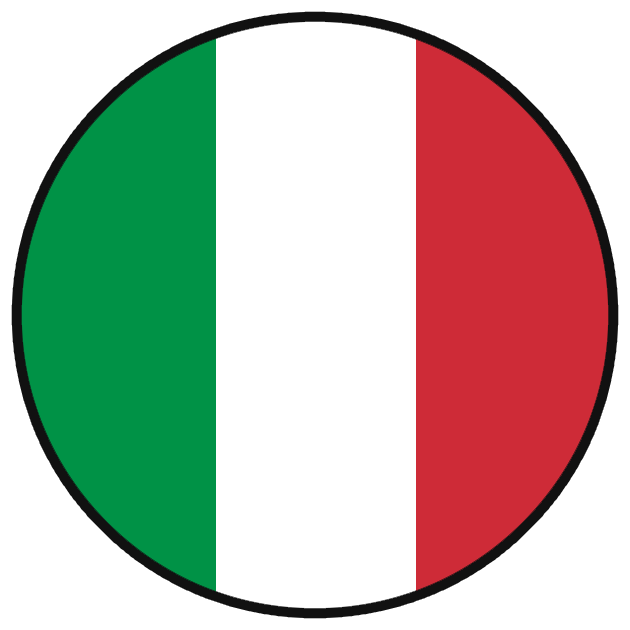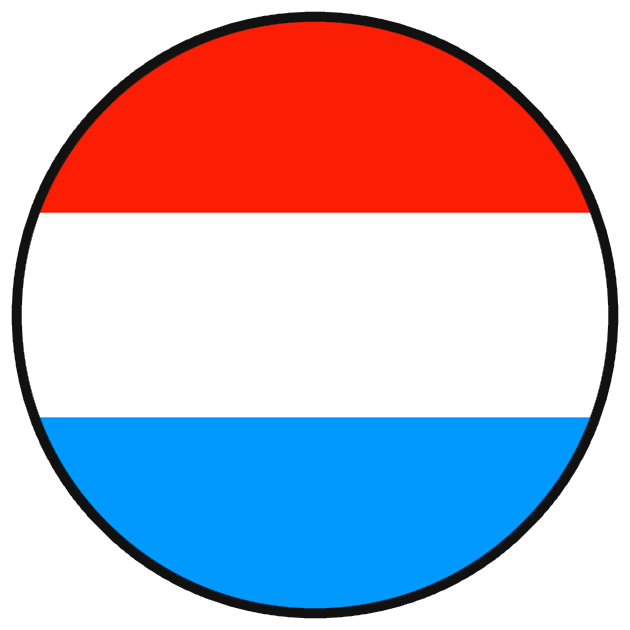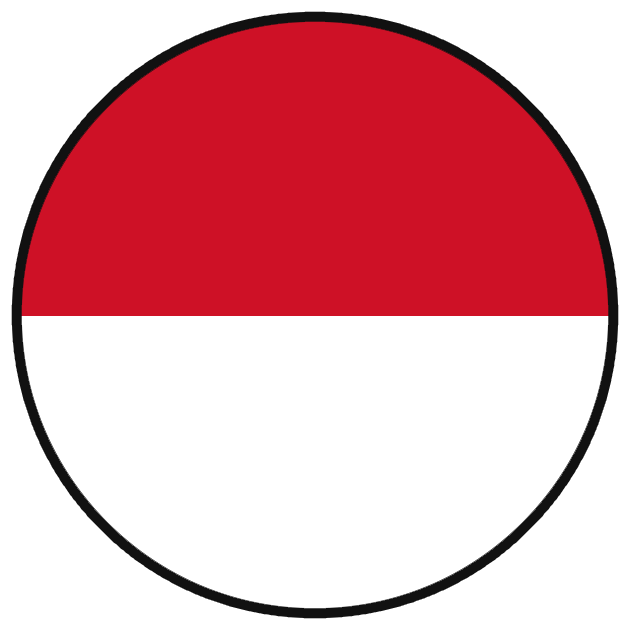We recently shared by email, with the families who have adopted an olive tree with us, about how we’ve experienced a very strong drought that has even changed our character. And we have decided to also share through this medium some of the actions we took regarding the care of the olive trees in Campillo de Julia and some reflections we have, as we received many responses of support and some of you have asked us what else can be done to support or influence this situation.
Although the olive tree is a very resistant tree indeed and will survive the drought, the younger trees are suffering a lot and slowing down their growth. The truth is that we have tried not to get overwhelmed and focus on doing what is in our hands, but it is difficult to take the worry out of our heads when we see the field so dry.
It is true that individual responsibilities are different from the responsibilities we have as farmers and employers, but even so we firmly believe that only together we can generate changes and that each action is important and contributes to a bigger process. We do not have any closed answers, but rather constant questions:
What new steps can I take for responsible water care and use?
What can we do to avoid land degradation and increase the water retention capacity of the soil?
For us, the reduction of food waste is fundamental and all actions that lead us towards the implementation of regenerative practices and better water management. We share some of them with you:
Water management: we are checking and renewing the irrigation tubes to avoid any loss of water.
Reparation of solar panels: the strong winds of early April overturned the solar panels that generate energy to pump the leached liquid from the composter. We have repaired and reinforced the structure to ensure that this does not happen again. The composter allows us to produce the organic fertilizer for your tree from sheep manure, pruning and olive residues.
Compost tea: as compost cannot be absorbed by the olive trees and organically integrated into the soil if it does not rain, we will prepare compost tea to introduce nutrients through support irrigation. This way we can help the small trees to become more resistant to these adverse conditions.
Asturcon horses: we have prepared a part of the olive orchard in order to allow some horses to run loose and help us control the grass and generate more manure. We have built them a wooden hut so that they can shelter from the rain (which hopefully will come soon).
Planting water: Although we are not sure when, we are sure it will rain and it will probably be a very heavy but short one. So we have been preparing the ground to retain the maximum amount of water so that it can penetrate the soil.
Our responsibility as Naranjas del Carmen leads us to take part and generate debates, to share experiences in this path towards regenerative agriculture and to always remember that our way of cultivation has direct consequences on people’s health and on the fertility of our soils. As individuals we also remember that our decisions of consumption, support or pressure, can generate changes. We can research local projects and initiatives, spread the word about their work and create spaces where we can discuss the urgent need for transformation in the culture of consumption and forms of cultivation.
These are just a few actions, but we learn from nature every day to be in constant movement and attention. This means questioning and constantly reviewing our practices because there are always more things we can do and we can always improve.





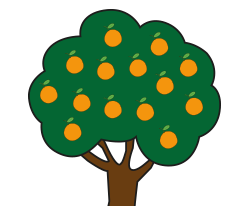 My account
My account 












